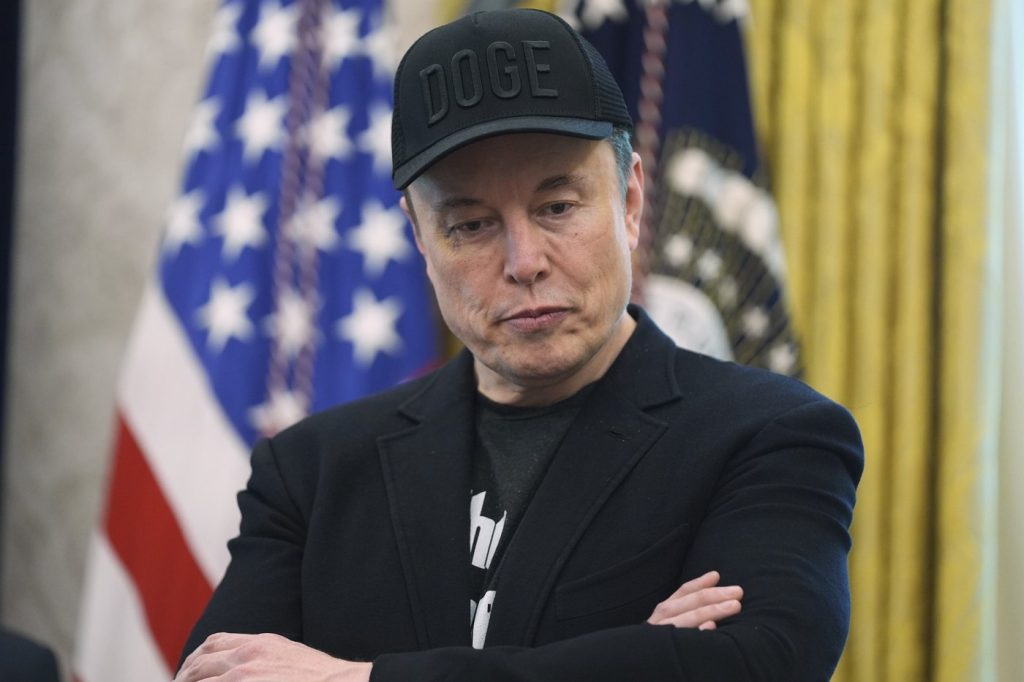Elon Musk's ambitious effort to reduce government spending significantly has not met expectations, with his goals shrinking dramatically over time. Initially aiming for $2 trillion in savings, Musk ultimately settled for a target of just $150 billion. His tenure at the helm of the Department of Government Efficiency (DOGE) is coming to an end, with results suggesting a disappointing performance, particularly when compared to previous efforts such as President Bill Clinton's initiative, which saved the equivalent of $240 billion by the end of his second term.
Experts across the political spectrum attribute Musk's shortcomings to a lack of personnel with in-depth knowledge of government operations. Instead of integrating experienced civil servants or experts in governmental processes, Musk relied primarily on a team of software engineers, which resulted in significant missteps. For instance, his cuts included immigration judges at a time when President Donald Trump's administration was focused on increasing deportations. Furthermore, eliminating technologists from the Bureau of Land Management hindered the administration's priorities in petroleum exploration.
A recent analysis by the Yale Budget Lab indicates that federal spending is accelerating even more quickly than in the previous years, despite Musk's job cuts. Alex Nowrasteh, vice president for economic and social policy studies at the Cato Institute, criticized the DOGE team's promise of achieving astounding savings, stating, "It was an impossible goal they were trying to achieve. They kept lowering the standards of success." He noted that a better-prepared team could have avoided the errors that plagued Musk’s approach.
Despite these setbacks, Musk remains optimistic. During a White House event with Trump, he indicated that the DOGE team would continue their efforts and reiterated goals of reaching at least $1 trillion in savings. Musk declared, "This is not the end of DOGE, but really the beginning," suggesting that there is potential for future progress. However, early indicators imply that achieving this ambitious target will be a considerable challenge.
Grover Norquist, president of Americans for Tax Reform, takes a more positive view of Musk's contributions, asserting that his efforts have brought attention to crucial issues rather than focusing solely on the dollars saved. He posits that the initiative will be recognized as significant in the long run, advocating that Congress should take action to maintain and build upon the groundwork laid by Musk.
In contrast, Elaine Kamarck, a key figure in Clinton's government efficiency initiative, critiques Musk's chaotic approach, which appeared hurried and lacked strategic planning. She emphasizes that Clinton's team pursued efficiency through methodical improvements, updating outdated practices while setting more modest fiscal goals. According to Kamarck, Musk's method could lead to errors that cause future crises, such as service interruptions in transportation or disruptions in entitlement benefit delivery.
As Musk's tenure concludes, the overall effectiveness of the DOGE initiative remains in question, demonstrating the complexities of managing government efficiency. The discussions surrounding Musk's approach emphasize the delicate balance between innovative disruptions and the necessity for substantive understanding of bureaucratic systems.












